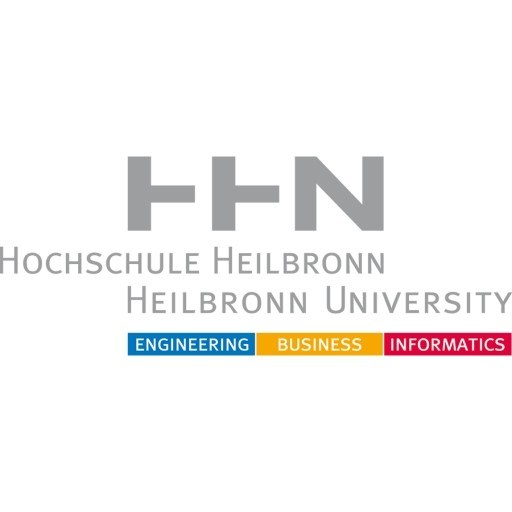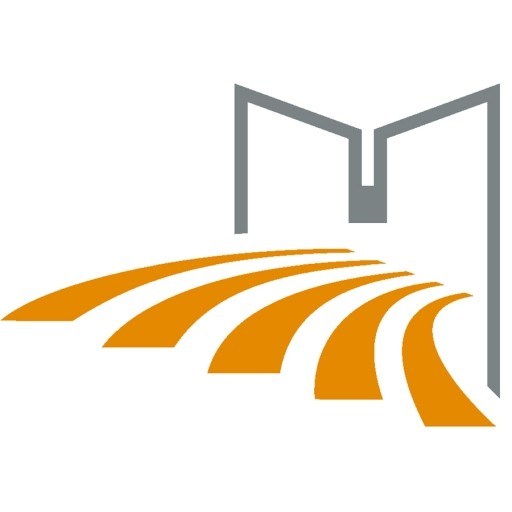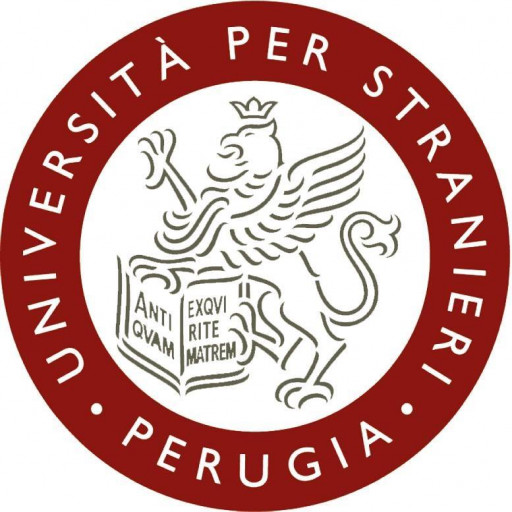Photos of university / #university_of_copenhagen
The Master’s program in Information Science and Cultural Communication at the University of Copenhagen offers students an in-depth understanding of the complex relationship between information, media, and societal communication processes. The program combines theoretical frameworks with practical skills, enabling graduates to analyze, develop, and manage communications in various cultural and organizational contexts. Students will explore diverse topics such as digital media, information management, cultural theory, and user behavior, gaining critical insights into how information is produced, distributed, and consumed in contemporary society. The curriculum emphasizes interdisciplinary learning, integrating approaches from information science, media studies, cultural studies, and communication theories to prepare students for careers in media organizations, cultural institutions, public administration, and private companies. Practical experience is an essential component, with opportunities for internships, project work, and collaborations with industry partners, fostering real-world competencies. The program also focuses on research skills, encouraging students to undertake independent investigations into current issues related to information and cultural communication, supported by expert faculty members who are active researchers in their fields. Graduates of this program will be equipped with the analytical tools, ethical awareness, and innovative mindset necessary to navigate and shape the rapidly evolving landscape of information and cultural communication, making them valuable contributors to the digital transformation of society. Whether aiming for careers in media management, digital communication, cultural policy, or information governance, students will develop a comprehensive understanding of how communication processes influence and reflect cultural identities and societal change. The program prepares students for both academic pursuits and professional roles, emphasizing lifelong learning and engagement with current challenges in the field.
The Master’s programme in Information Science and Cultural Communication at the University of Copenhagen offers students a comprehensive education focused on understanding the interplay between information technologies and cultural contexts. The curriculum is designed to equip students with critical skills in analyzing and managing information within diverse cultural environments, emphasizing the societal impacts of digital communication, media, and information systems. Throughout the program, students explore theoretical foundations of information science, including data organization, information behavior, and knowledge management, alongside the study of cultural communication, media theories, and digital literacy.
Students engage with a variety of interdisciplinary subjects such as information architecture, user experience design, digital culture, and media analysis. The programme provides practical training through project work, case studies, and collaborative exercises, allowing students to apply their theoretical knowledge to real-world problems. Emphasis is placed on developing competencies in communication strategies, digital content creation, and the ethical considerations surrounding information dissemination and cultural representation in the digital age.
The programme also prepares students for careers in a broad range of fields including IT consultancy, cultural institutions, media organizations, and research sectors. It encourages critical thinking about how information systems influence cultural practices and societal development, fostering a nuanced understanding of the role of digital communication in contemporary society. Graduates gain valuable skills in analyzing cultural phenomena related to information use, designing user-centered information solutions, and engaging in research or policy-making processes related to information and media.
The academic environment at the University of Copenhagen promotes collaboration and innovation, with opportunities for international exchange and participation in cutting-edge research projects. Post-graduate students benefit from a strong network of alumni and professional contacts, supporting their career development in a rapidly evolving digital landscape. Overall, the programme in Information Science and Cultural Communication aims to produce knowledgeable, skilled graduates who are capable of critically navigating and shaping the future of information and media in diverse cultural settings worldwide.
Program requirements for the Bachelor's Degree in Information Science and Cultural Communication at the University of Copenhagen typically include a combination of coursework, language proficiency, and relevant experience. Applicants are generally required to hold a Danish upper secondary school leaving certificate or an equivalent qualification that grants access to higher education in their home country. Proficiency in English must be demonstrated through standardized tests such as TOEFL or IELTS, with minimum scores specified by the university. Some programs may also require evidence of specific knowledge in areas such as communication, media studies, or information technology, depending on the applicant's previous education.
The program emphasizes interdisciplinary learning, requiring students to complete core courses in information science, cultural communication, digital media, and related fields. In addition, students are encouraged to undertake elective courses to tailor their education according to their interests and career goals. Practical experience is considered vital, hence internships or project work related to information management or cultural communication are often integrated into the curriculum. Students are also expected to participate in seminars, workshops, and group projects designed to develop their analytical, communicative, and technical skills.
Language requirements aside from English proficiency may include Danish language skills, especially for those intending to engage deeply with Danish cultural contexts or participate in internships within Denmark. Applicants may also need to submit transcripts from previous educational institutions, letters of motivation, and letters of recommendation. Admission decisions are typically based on academic merit, motivation, relevant experience, and language proficiency.
The university recommends applicants familiarize themselves with the specific admission criteria published on the official program webpage, as requirements can vary slightly depending on the applicant's educational background and country of origin. International students are advised to check visa requirements and application deadlines well in advance to ensure timely processing. Overall, the program aims to provide students with an interdisciplinary foundation in information science and cultural communication, preparing them for careers in media, information management, cultural institutions, and related fields.
The financing options for the Master’s degree programme in Information Science and Cultural Communication at the University of Copenhagen are designed to accommodate both Danish and international students. Students enrolled in this programme typically have access to a variety of funding sources to support their studies. Danish and EU/EEA students may be eligible for government student grants and loans through the Danish Student Grants and Loans Scheme (SU), which covers tuition fees and living expenses. International students from outside the EU/EEA are generally responsible for their own financing; however, there are scholarships and funding opportunities that may be available based on merit or nationality. The university offers several scholarship programs aimed at international students, including the Danish Government Scholarships for Non-EU/EEA Students, which can cover partial or full tuition fees depending on the specific scholarship. Additionally, students are encouraged to seek external funding from their home countries, private foundations, or international organizations that support educational mobility and international studies. Some students may also find part-time work opportunities on or near the university campus, which can assist in managing living expenses. The university’s Career Services and international office provide guidance and support in identifying potential funding sources and employment opportunities during studies. Furthermore, students are advised to consider the cost of living in Copenhagen, which is among the highest in Scandinavia, and plan their budgets accordingly. Overall, the University of Copenhagen facilitates various financing options to support students financially, with tailored solutions for domestic and international students, ensuring that finance is not a barrier to completing this innovative and interdisciplinary programme.
The Master’s programme in Information Science and Cultural Communication at the University of Copenhagen offers students a comprehensive understanding of the dynamic relationship between information technology, media, culture, and society. The programme is designed to equip students with theoretical knowledge and practical skills necessary to analyze and manage information and communication processes within a wide range of cultural and organizational contexts. Covering topics such as digital media, information management, cultural analysis, and communication strategies, the curriculum fosters an interdisciplinary approach, integrating insights from information science, media studies, and cultural studies.
Students will explore how information systems influence cultural practices and societal change, gaining skills in digital analysis, user-centered design, and communication management. The programme emphasizes critical thinking and encourages students to engage with contemporary challenges related to digital transformation, data ethics, and information dissemination. It prepares graduates for careers in areas such as cultural institutions, media organizations, public administration, IT companies, and consultancy roles that require expertise in managing and analyzing digital and cultural information.
The teaching method includes lectures, seminars, project work, and case studies, often involving collaboration with external organizations to promote practical experience. Students are also encouraged to develop their own research questions and undertake independent projects. The programme typically takes two years to complete, with coursework leading to a Master's degree (Master of Information Science and Cultural Communication). Graduates will possess a unique combination of technical skills and cultural insights, positioning them well for roles in digital communication, cultural analysis, data management, and media development. The university provides a strong academic environment, with faculty members recognized for their research in information technology, media studies, and cultural communication, creating an inspiring setting for students passionate about understanding and shaping the interconnected worlds of information and culture.










